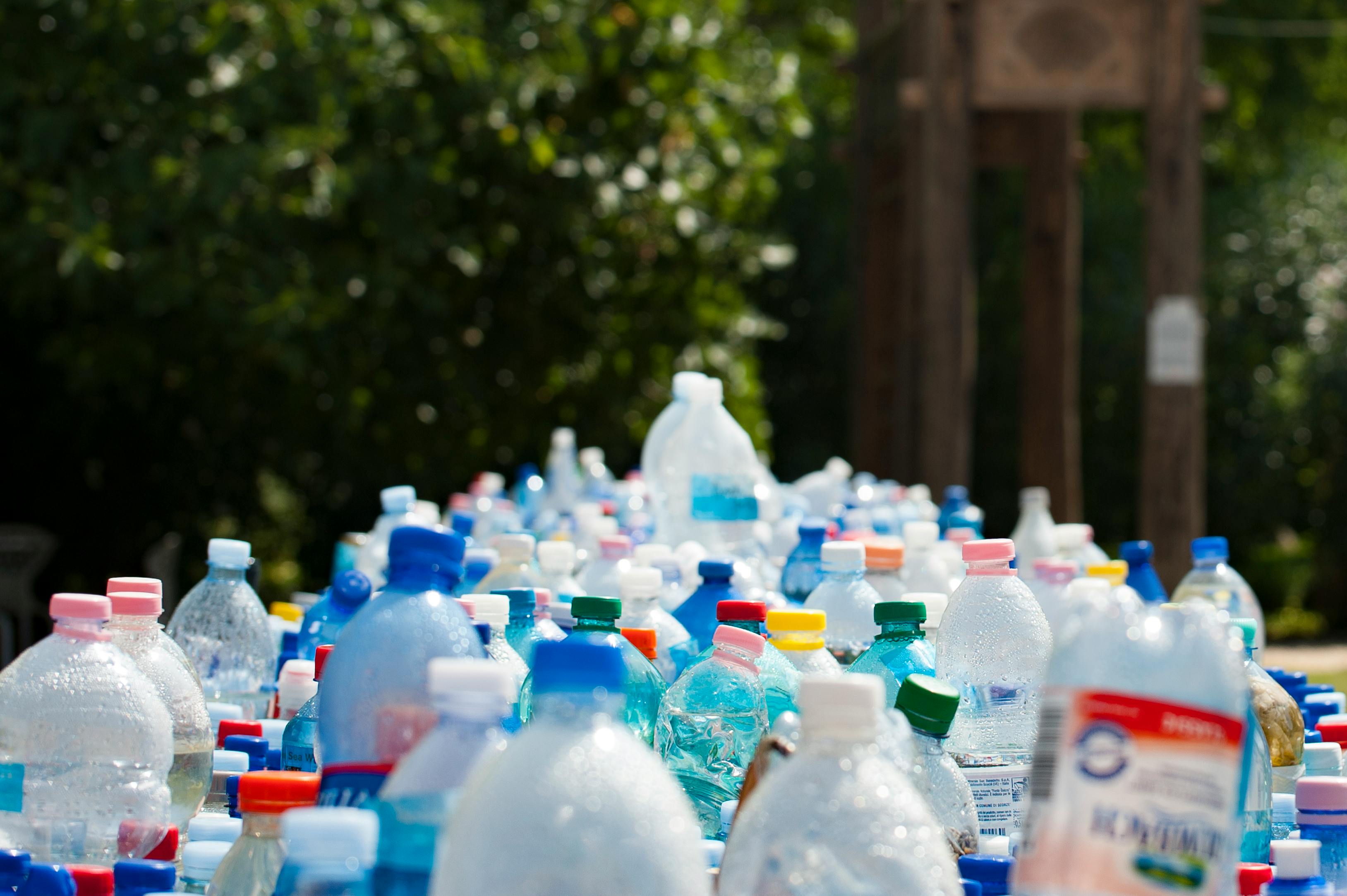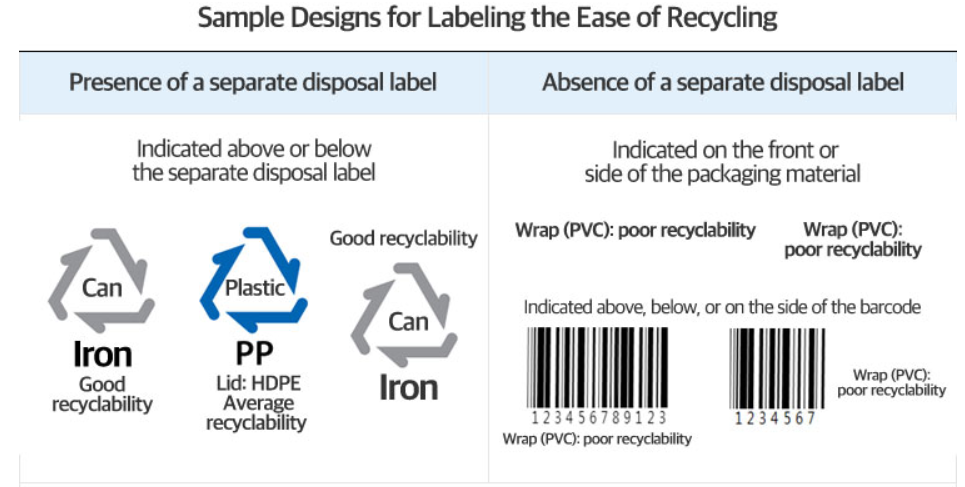Understanding Recyclability Assessments: A Key Component of Future Packaging Compliance
by Jianhong Hu at 09:23 in Packaging, Circular Economy
You may have heard of the term 'Recyclability Assessment' through various voluntary Green initiatives but have you realized this has been making its way into the EPR regulations? Let's delve deeper into what this means for your packaging obligations.

What is a Recyclability Assessment?
A Recyclability Assessment involves a thorough evaluation of packaging materials to determine their suitability for recycling processes. It includes a comprehensive analysis of various factors, including material composition, sortability, DfR (Design for Recycling) considerations. Each packaging unit receives a recyclability grade after an assessment, ranging from 'Good for recycling' to 'Difficult for recycling.'
Is it mandatory?
Yes, it will be mandatory soon in Europe (EU & UK) and it is being currently under consideration in Canada.
Drawing inspiration from South Korea's currently mandatory recyclability assessment model, where producers conduct self-assessments against recyclability standards, we anticipate similar frameworks to emerge in other regions.
What can we learn from existing Korean recyclability assessment process?
EPR-regulated producers in South Korea must assess their packaging against recyclability standards. They submit the recyclability scores and evidence to a reporting portal, where the scheme undergo review and auditing. 'Difficult for recycling' packaging requires a label indicating so and may face higher EPR fees.

How would that impact European markets?
In the UK, forthcoming EPR regulations are set to integrate recyclability criteria, where the assessment results will be fed into packaging eco-modulated fees on supply data by 2025 and the new mandatory recyclability labelling by 2027.
In the EU, the Packaging and Packaging Waste Regulation (PPWR) proposes a stricter approach. Lower-rated packaging would be prohibited from being placed on the market. The first ban is anticipated to begin implementation by 2030.
How can your company prepare for the upcoming changes?
1. Data review: Do you possess all the necessary data points, such as color, rigidity, and material composition, required for conducting the recyclability assessment? Is it feasible to acquire this data from your packaging supplier?
2. Risk identification: Have you identified any packaging items categorized as 'Difficult for recycling'? Are there alternative designs available for these packaging items?
3. Resource planning: Do you have dedicated teams in place to collect and document packaging data? Is there a team designated to carry out the recyclability assessment and ensure completion of the submission process?
Recyclability Assessment is coming and it could be challenging, but it is not a monster as long as your company stay informed, get prepared and adapt to ensure sustainable packaging practices for the future.
 Click here to receive regular updates on blog posts, webinars, and regulatory changes directly to your inbox
Click here to receive regular updates on blog posts, webinars, and regulatory changes directly to your inbox

